
What is SEO writing?
Are you looking for ways to boost traffic and engage your target audience?
Look no further than SEO writing!
SEO writing is your ticket to online success because it gets your website found on search engines.
It uses strategic keywords, meta descriptions, and headings that make content vibrant, compelling, and easy to find by the right people.
Plus, there are some great tools out there to help you optimize your content, so it ranks higher in search engine results.
With SEO writing, you’ll have the power of Google, Bing, and other search engines working in your favor.

Why Having SEO Writing Tools Matters
Creating content for search engine optimization (SEO) can feel like a daunting task, but it doesn’t have to be!
With the right tools and strategies in your arsenal, creating SEO-optimized content becomes easier, faster, and more effective.
That’s why having access to reliable SEO tools is absolutely essential for anyone looking to make the most of their online presence.
With SEO tools, you can quickly analyze and optimize your content.
You can identify keywords that are relevant to your target audience, track competitor rankings, and even measure the performance of your content over time.
And best of all, SEO tools automate much of the process, so you can get back to crafting quality content.
In addition to helping you create better content, SEO tools provide valuable insights into what your customers are searching for.
By understanding user intent, you can create content that resonates with your readers and speaks directly to their needs.
This not only increases engagement but also boosts your ranking on search engine result pages.
At the end of the day, having access to powerful SEO tools is an invaluable asset in any content creator’s toolbox.
With them, you can easily create highly optimized content and gain meaningful insights about your audience – leading to increased success both now and in the future.

Unlock awesome SEO content writing tools - no charge required!
If you’re looking to create content that will outrank your competitors, there are a few SEO writing tools you should consider trying.
Not only are they free of charge, but they can help you craft content that stands out in the SERPs.
First up:
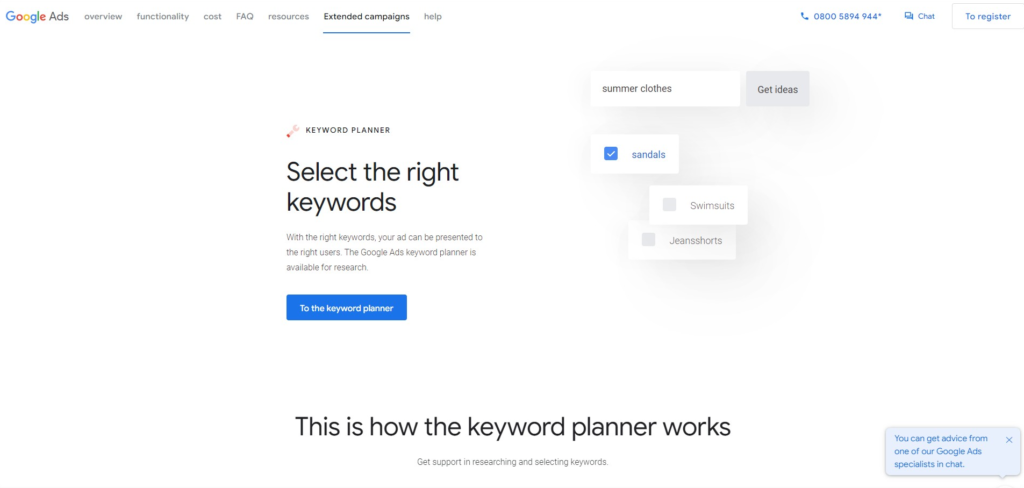
Google Keyword Planner. -This is an excellent keyword research tool to identify keywords related to your topic and view their search volume, so you know which ones are the most worth targeting in your content.
This also helps you understand how competitive those keywords really are, which is important for determining how much effort should be put into optimizing for them.
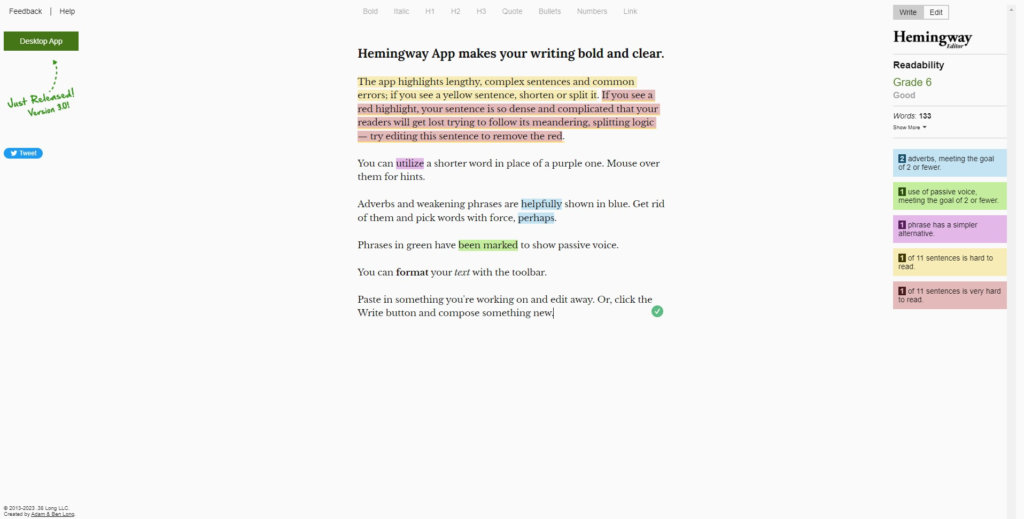
Hemingway App is a great option for improving clarity of your content – and making sure it’s easy to read.
The Hemingway editor tool provides feedback on everything from sentence structure to use of passive voice, and it even highlights difficult words that may need to be simplified.
In other words, you can use this tool to create copy that’s explicitly SEO-friendly content for both people and bots.
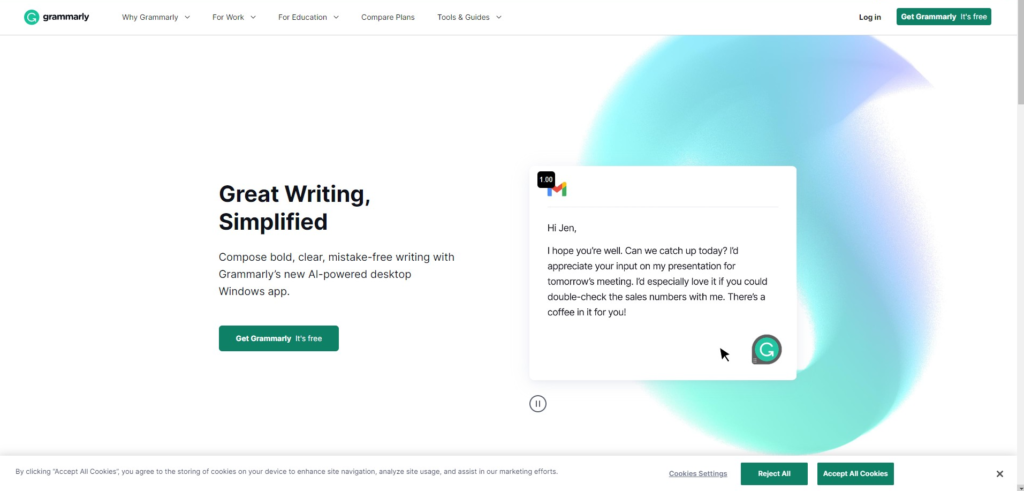
- Grammarly is another fantastic way to boost your content quality.
Not only can it detect spelling and grammar errors, but it also includes helpful suggestions on how to rewrite certain phrases to sound more natural.
Plus, Grammarly doubles as a plagiarism checker – so you can be sure nobody’s accidentally copied your work!
In conclusion, if you want to create content that outperforms your competitors, why not explore these three, free SEO writing tools?
From keyword research all the way to plagiarism checking, they offer an invaluable resource that can do wonders for your content strategy.

Spice up your content writing with 9 SEO-focused tips!
Everyone has the potential to be a great writer.
All it takes is practice and dedication – but where do you start?
Whether you’re a professional author or just starting out with your first story, it never hurts to brush up on your writing skills.
Here are 9 simple tips that can help:

Start with keyword research.
As a content writer, I’ve come to understand just how important SEO keyword research is before beginning to write an article.
Before I even think about opening up my laptop and starting to write, I always take the time to do SEO keyword research.
The reason why it’s so beneficial that this step comes first is because it gives you an idea of what people are interested in reading.
By researching the right keywords ahead of time, you can get an understanding of the topics that people want to read about based on what they’re searching for online.
This can help guide your writing and ensure that your article is going to be up-to-date and relevant to the current conversation.
It can also inform the angles and perspectives you take in your writing as well, which can add more depth and reach a bigger audience.
Doing SEO keyword research before writing an article helps me to avoid wasting time and energy by creating an article that no one wants to read or search for.
Instead, I can use this valuable information to craft something timely, informative and useful.

Speak to people, not search engines.
Writing for people, not the search engines, is a critical part of writing great content.
When you write with your audience in mind, you will be able to craft engaging, interesting pieces that people actually want to read.
You’ll also ensure that your articles are tailored towards the right audience – when you have a clear idea of who you are writing for, it becomes easier to create content that resonates with them.
Additionally, when you write with people in mind, you can focus on using natural language rather than technical keywords to drive traffic to your website.
Natural language allows your work to feel organic and more accessible, while providing readers with content they can really connect with.
At the end of the day, writing for people allows you to tap into a deep well of creativity and connection which will keep readers coming back for more.
So don’t forget that in the end, it’s all about the people, not the search engine algorithms.

Avoid keyword stuffing.
As a writer who relies heavily on SEO, I understand the importance of using target keywords in articles.
After all, using the right keywords can help drive traffic to your website and increase visibility.
However, there is an important caveat: too much of a good thing can be bad.
I learned this lesson the hard way a few years ago when I wrote an article about camping.
In a misguided effort to get better rankings, I “keyword stuffed” it to the point where it was nearly unreadable.
Not surprisingly, my article flopped, and I went back to the drawing board.
Since then, I’ve developed a better understanding of the right way to approach keyword usage.
The key is to use them strategically, in a natural tone that still reads well and makes sense.
Too many keywords not only hurt readability – they also raise red flags with search engines, which may penalize your site in rankings.
The lesson here?
Don’t try to game the system; instead, follow best practices and trust that relevance will be rewarded in due time.
Keyword stuffing may seem like a quick way to boost rankings and visibility, but ultimately it will do more harm than good.
Plus today there really is no excuse when it comes to keyword stuffing in your blog posts as you can download plugins for WordPress such as Squirrly or Yoast SEO, which will inform you when you are spamming keywords.

Improve content for search snippets.
Optimizing content for search snippets helps improve the user experience by providing clear and concise results.
It reduces the amount of time and effort needed to find relevant information, allowing users to quickly locate what they’re looking for.
Furthermore, it encourages readers to click on my content due to its engaging title and description.
This ultimately increases the chances of them reading my work, furthering the reach of my message.
When crafting content for search snippets, it’s important to keep in mind the needs of the reader.
A good rule of thumb is to craft a title and description that accurately reflects the content within.
Avoid making blanket statements or promising something you can’t deliver, as this may lead to disappointment and a reduced chance of engagement.
Above all else, ensure that the keyword(s) used reflect the main focus of the content and can easily be found by potential readers.
By taking these steps, I am able to better optimize my content for search snippets and offer an improved user experience overall.
This not only helps users find what they’re looking for but also drives engagement with my work, leading to more visitors and higher traffic levels.

Make the most of your content by creating an eye-catching heading!
I know that the headline of my post is the absolute most important part; it’s what will make or break my piece of work.
It needs to be impactful enough to draw people in and keep them engaged, yet concise enough to convey the main point of my story.
Crafting an attention-catching headline can truly mean the difference between success and failure.
I remember one instance where I had written a great article, but I neglected to give it a proper title.
When I posted it, nobody read it.
It was only when I changed the title to something more eye-catching that people actually paid attention, and suddenly my work was being shared all over social media.
This experience taught me just how important it is to come up with a headline that stands out, and it’s definitely something I now consider whenever I’m writing content.
Luckily today its becoming easier for everyone to create headings that will capture and entice potential readers.
Using AI such as Helloscribe or ChatGPT you can query it to write viral attention grabbing headings and best of all the software will provide you with multiple options allowing your to select the best one for your article.

Give images life through alt text!
Alt text stands for alternative text, and its purpose is to provide a visual description of any image on the page.
This ensures that anyone who is viewing the page with a screen reader or another assistive technology will have access to all the content.
Alt text also makes a website accessible to users with cognitive impairments or low literacy levels, as they can still understand the meaning behind an image even if they’re unable to view it.
Furthermore, alt text helps search engine optimization (SEO) by providing context to the image and improving your ranking in search results.
In short, alt text is essential for making sure your website is accessible to everyone – so don’t forget to include it!
Optimize your page speed by using compressed images.
Compressing images is an essential task for any web developer, graphic designer, or online content creator.
By compressing your images, you can reduce the size of the file without sacrificing too much quality, making them easier to upload and faster for visitors to download.
Optimizing images also helps with SEO rankings.
Google and other search engines rank websites based on their page speed – and image compression plays a big role in that.
By compressing your images, you can increase your site’s page speed and boost its ranking.
On my websites these days I use RabbitLoader which is by far the best software I have used for speeding up my websites.
It’s simple: I just install it on my WordPress websites, and it takes care of the rest.
I was a bit skeptical at first, but once I tried it, I was blown away by how much difference it made.
Really, I can’t recommend it enough.
Connect with other posts on our site!
Cross-linking helps search engines to rank your website higher in the SERPs, so it’s an essential part of any successful SEO strategy.
But there’s one benefit of cross-linking that often goes overlooked – user engagement.
By linking to other relevant pages on your website, you can keep visitors engaged with your content for longer.
This increases the chances of them taking a desired action – whether it’s signing up for your newsletter, making a purchase, or downloading something.
I have used many linking softwares in the past and even manually linked between pages but over time I realized it was way too much work.
Now I have invested in using Linkwhisper, which automates and makes it much easier to find the right links between pages, and also allows me to add links to old pages that I may have forgotten about.
Yeah, it does have annual plans, but when I take into account the time saving and how much improves my Search engine ranking to me, it’s no-brainer.

Giving your website authenticity? Make sure you link to some heavyweight websites!
Linking to high authority websites has been one of the most important lessons I have learned in my efforts to create quality content.
While it can be tempting to use whatever sources are available or convenient, I have found that reliable, authoritative sources tend to add credibility and expertise to the content.
When readers can trust the information I provide, they are more likely to come back and read more.
Additionally, when I link to respected websites and organizations, I give them credit and recognition for their work, which builds relationships with those entities.
These relationships also open up potential opportunities for me in the form of joint projects, guest posts, collaborations, marketing, and more.
Ultimately, linking to high authority websites is an essential skill for any content creator because it shows readers that the information you provide is trustworthy and accurate.

The Tools I use for SEO Writing Success!
For over a decade I have been creating content, from blog posts to ebooks, from website copy to articles, and from presentations to advertising campaigns.
Along the way, I’ve discovered that quality content is the key to success – it’s what helps to drive traffic, build relationships, and convert leads.
But crafting high-quality content can be time-consuming and difficult; you need the right tools and techniques to get it right.
Fortunately, over the years I have found the best SEO writing tools to help me create stellar content on a regular basis.
With these tools as my allies, I have been able to write more efficiently while also delivering great results.
Below you will find the content optimization tools I use to crank out high quality content pieces regularly.
Squirrly
Squirrly SEO is an invaluable tool for anyone who wants to create content that is optimized for search engines and get their website or blog noticed.
As someone who has been creating digital content for several years, I can’t imagine what my workflow would be like without Squirrly SEO by my side.
The keyword research feature helps you easily identify the keywords and phrases your target audience is using when looking for information online.
With this information, you can create content that resonates with your readers and stands out in search engine result pages.
You can also get real-time feedback see how your content measures up against competitor sites.
Besides being a great keyword research tool, Squirrly SEO also offers a range of other features designed to help you optimize your content for better search rankings.
The SEO assistance feature checks for keyword density, readability, meta tags and headings, as well as giving you tips on improving optimization as you write.
This is why I highly recommend Squirrly SEO to anyone who is serious about taking their website to the next level.
Linguix
With Linguix’s AI-powered writing assistant, I can trust that my work will be grammatically correct and error-free.
The editor has saved me countless hours of labour by automatically correcting typos, misspellings, and even suggesting better alternatives for my chosen words.
Moreover, Linguix goes beyond basic grammar and spell-checking.
It offers invaluable assistance with formatting, reliability checks, plagiarism detection, and more.
This means I have total confidence in the quality of my work when I submit it to my clients – saving me time and worry as I no longer need to go through every single detail manually.
All in all, Linguix makes the process of creating content easier and more effective
Frase.io
I’ve been an SEO writer for many years now, so trust me when I say that frase.io is the best SEO writing tool out there for content creation.
What makes it special is its intuitive interface and range of features, which make it super easy for both beginners and experts alike to produce keyword-rich content in no time at all.
First off, you can use frase.io to automatically generate ideas for content based on topics and keywords.
This means you don’t have to spend hours brainstorming ideas, saving you a ton of time.
You can also create outlines using a drag-and-drop structure, which are easy to edit, and can generate titles, meta descriptions and post slugs automatically too.
There’s even a feature that allows you to suggest related content that you can link to within your blog posts, further increasing engagement and helping your content rank higher on Google.
But aside from being incredibly helpful in terms of SEO optimization, frase.io offers remarkable insights into how well your content is performing with detailed analytics and reporting.
This helps ensure that you’re consistently creating content that resonates with your audience and drives traffic to your website.
All in all, frase.io is an indispensable tool for any SEO writer.
With its comprehensive suite of features and easy-to-use platform, it’s by far the best solution for taking your content game to the next level.
And I highly recommend it anyone. Simply look at my website and you will see how often I recommend it.

Find the right tool for your content writing
SEO writing tools can be a great asset for any writer looking to increase their productivity and creativity.
With the right combination of tools, you can streamline your writing process, maximize content quality, and take on larger projects with greater ease.
Taking the time to research, compare, and select the appropriate tool will pay dividends in the long run.
Even if you think you have found the perfect tool, always be on the lookout for better and more efficient solutions – innovation is key to success.
So invest in a powerful collection of SEO writing tools, and let it work for you!

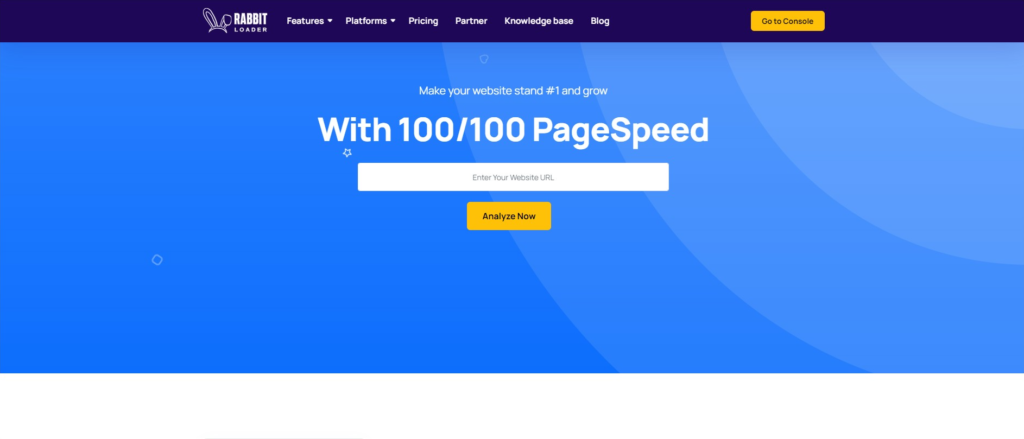
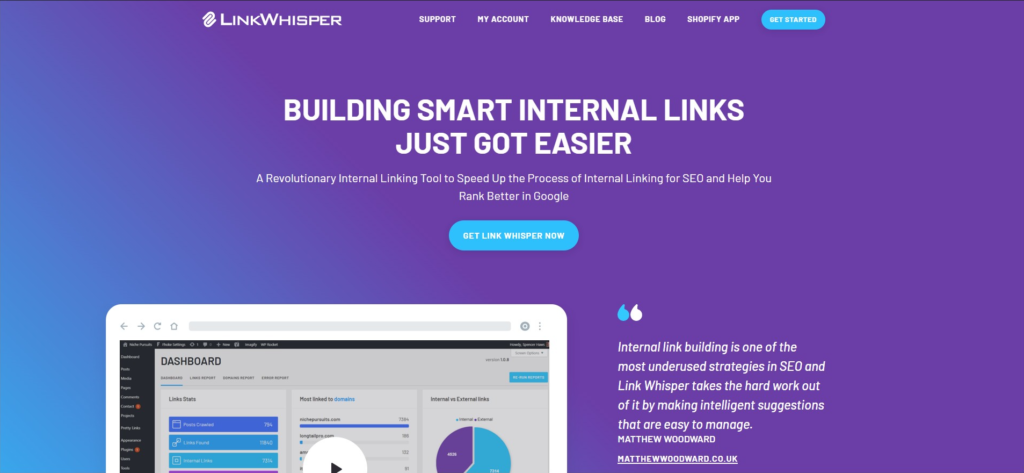

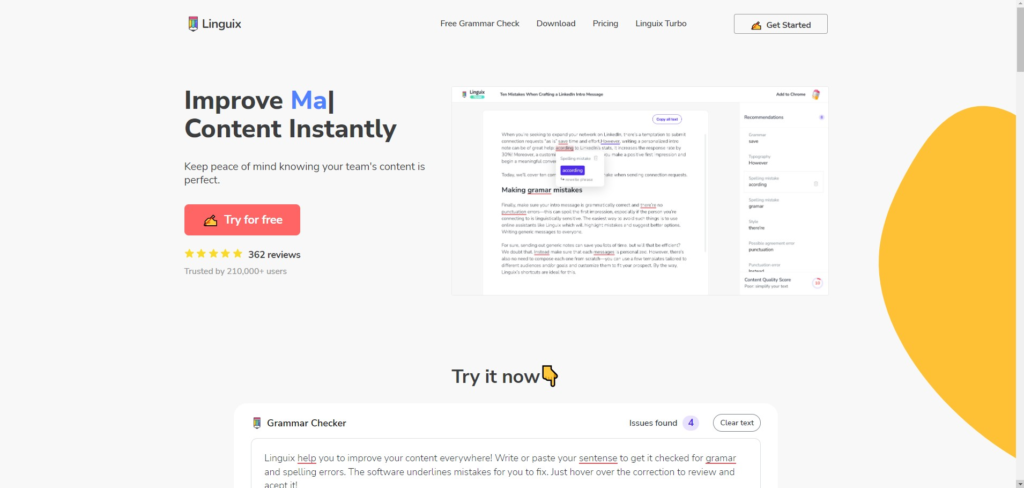








[…] Freelancer, you can find a wide range of writing jobs in various categories such as web content writing, article writing, blog writing, and […]